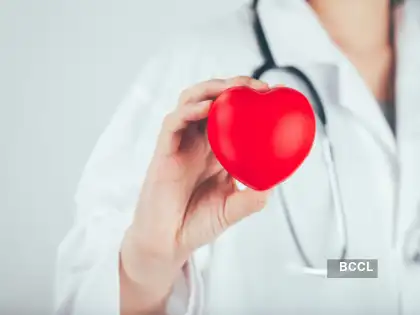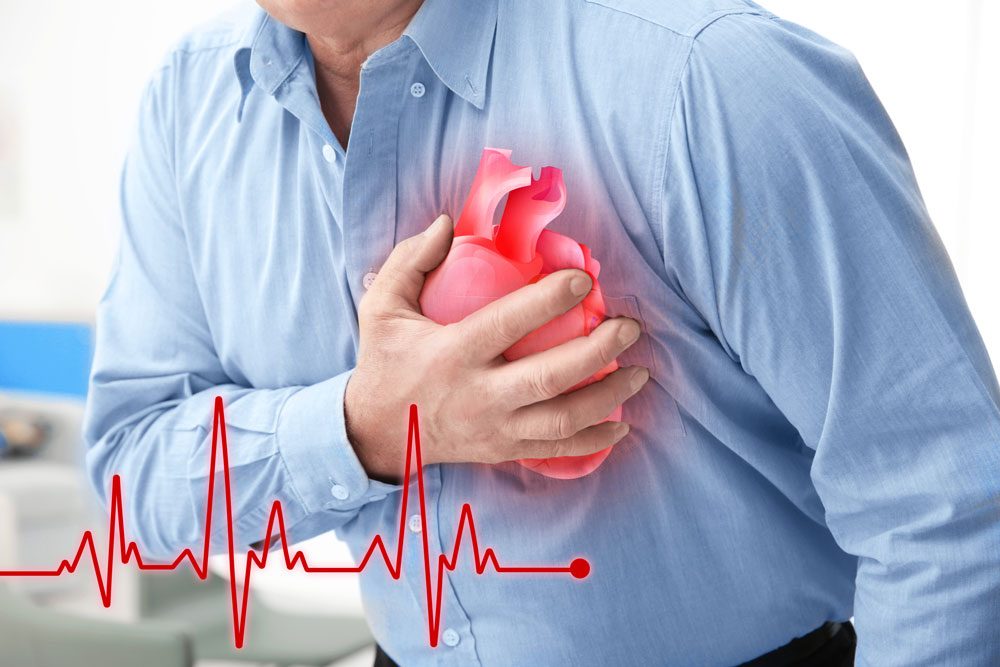Cardiologists are sounding the alarm: most heart attacks don’t arrive without notice. They’re often preceded by subtle warning signs that millions of people mistake for fatigue, stress, or indigestion. Ignoring these symptoms can cost lives, but timely recognition can save them.
Dr. A. Sreenivas Kumar, Senior Consultant Cardiologist at Apollo Hospitals, explains, “Heart attacks usually start with warning signs that we tend to dismiss. Awareness is the first line of defence.”
The 8 Early Signs You Shouldn’t Ignore
Persistent chest pain or discomfort – pressure, heaviness or squeezing feeling lasting more than a few minutes
Shortness of breath – even at rest or during light activity
Pain radiating to the arm, jaw, neck, or back – nerves in the heart share pathways with other body parts
Cold sweats – sudden clamminess unrelated to heat or exercise
Unexplained fatigue or weakness – especially among women
Light-headedness or dizziness – due to poor blood flow to the brain
Nausea, indigestion, or stomach discomfort – sometimes mistaken for acidity
Rapid or irregular heartbeat – palpitations alongside other symptoms

Why This Matters
India continues to see a sharp rise in cardiovascular diseases among younger adults. Sedentary lifestyles, stress, high blood pressure and diabetes have made heart health a public-health priority. Identifying these signs early can drastically reduce complications and fatalities.
Immediate Action Can Save Lives
●If you notice one or more of these symptoms:
●Call emergency services immediately
●Go to the nearest hospital—do not drive yourself
●If prescribed, take aspirin only under medical guidance while awaiting help
Protecting Your Heart
Doctors recommend routine check-ups, regular exercise, balanced diets, and stress management. Early blood pressure control in young adulthood significantly lowers heart attack risks later in life.
“Awareness is not about fear; it’s about empowerment,” Dr. Kumar says. “Knowing the signs can help you act fast and save a life—possibly your own.”


